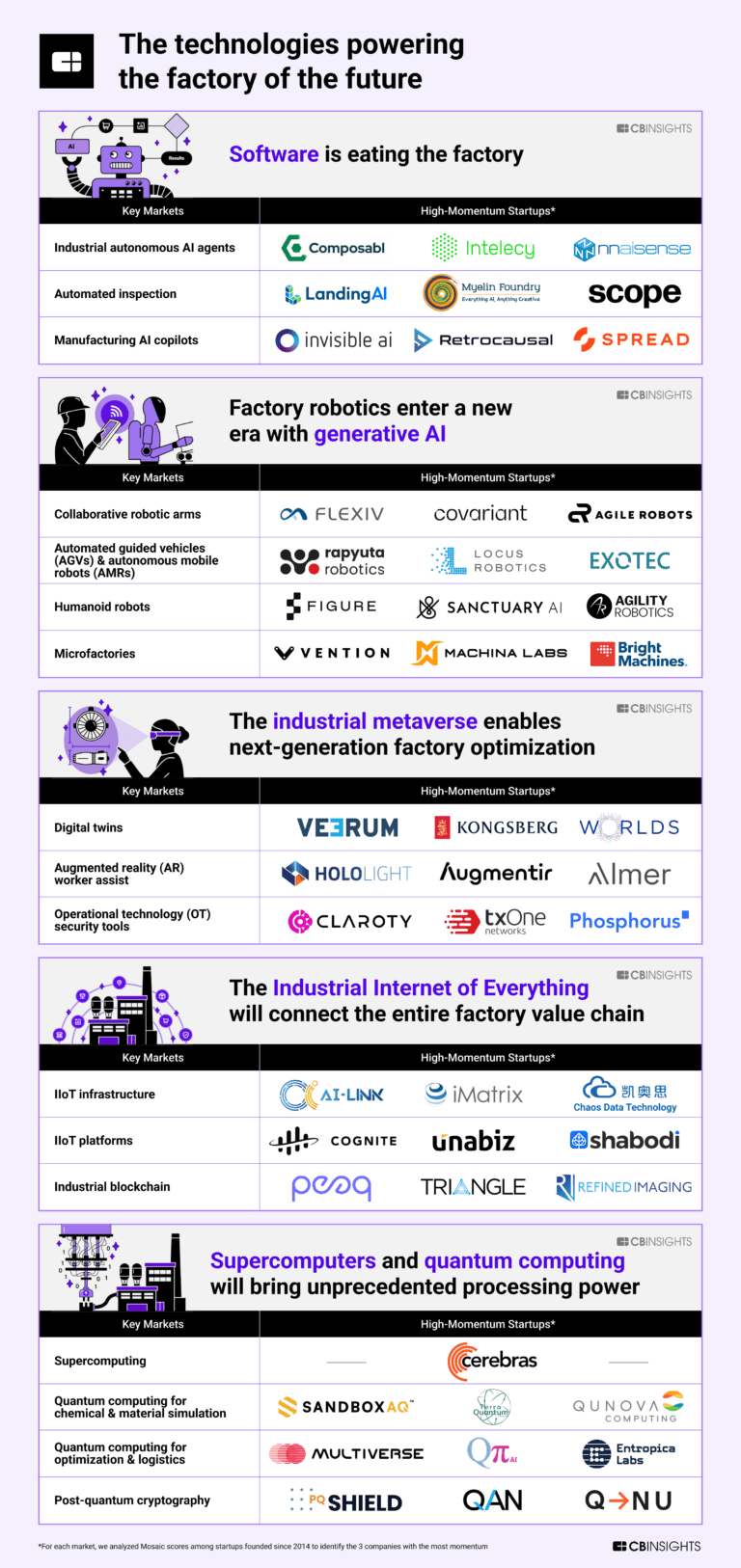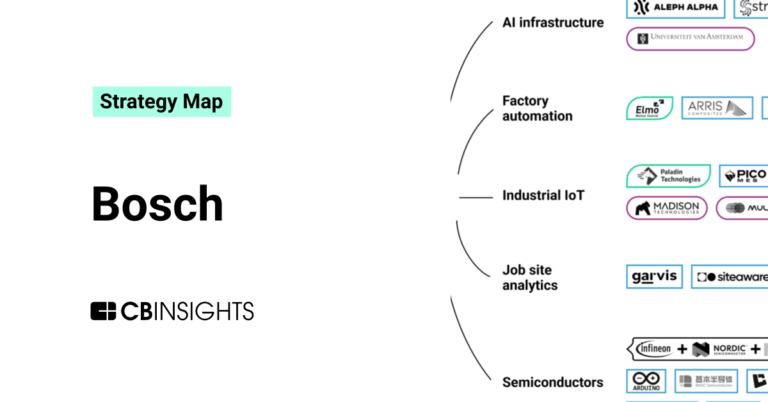
Arm
Founded Year
1990Stage
IPO - II | IPOMarket Cap
113.62BStock Price
106.79Revenue
$0000About Arm
Arm is a technology provider that offers processor intellectual property and development tools for various computing sectors. The company provides products including processor architectures, multimedia and graphics technology, and security solutions, which aim to address the performance, power, and cost needs of diverse devices. Arm's technology is used in sectors such as automotive, computing infrastructure, consumer technologies, and the Internet of Things. It was founded in 1990 and is based in Cambridge, England.
Loading...
ESPs containing Arm
The ESP matrix leverages data and analyst insight to identify and rank leading companies in a given technology landscape.
The confidential computing market uses various techniques to process data without compromising its security (i.e., keeping it encrypted). The primary confidential computing techniques include differential privacy, secure multi-party encryption, homomorphic encryption, and trusted execution environments. These solutions allow compliant and permissible access to data for machine learning and data sc…
Arm named as Highflier among 15 other companies, including IBM, Intel, and Fortanix.
Loading...
Research containing Arm
Get data-driven expert analysis from the CB Insights Intelligence Unit.
CB Insights Intelligence Analysts have mentioned Arm in 12 CB Insights research briefs, most recently on Oct 3, 2024.
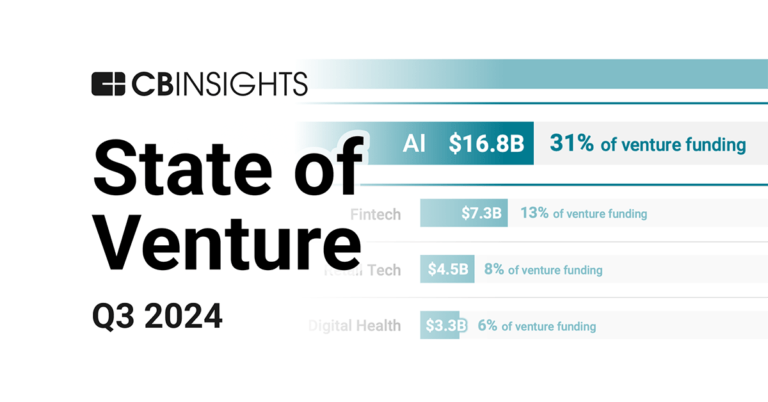
Oct 3, 2024 report
State of Venture Q3’24 Report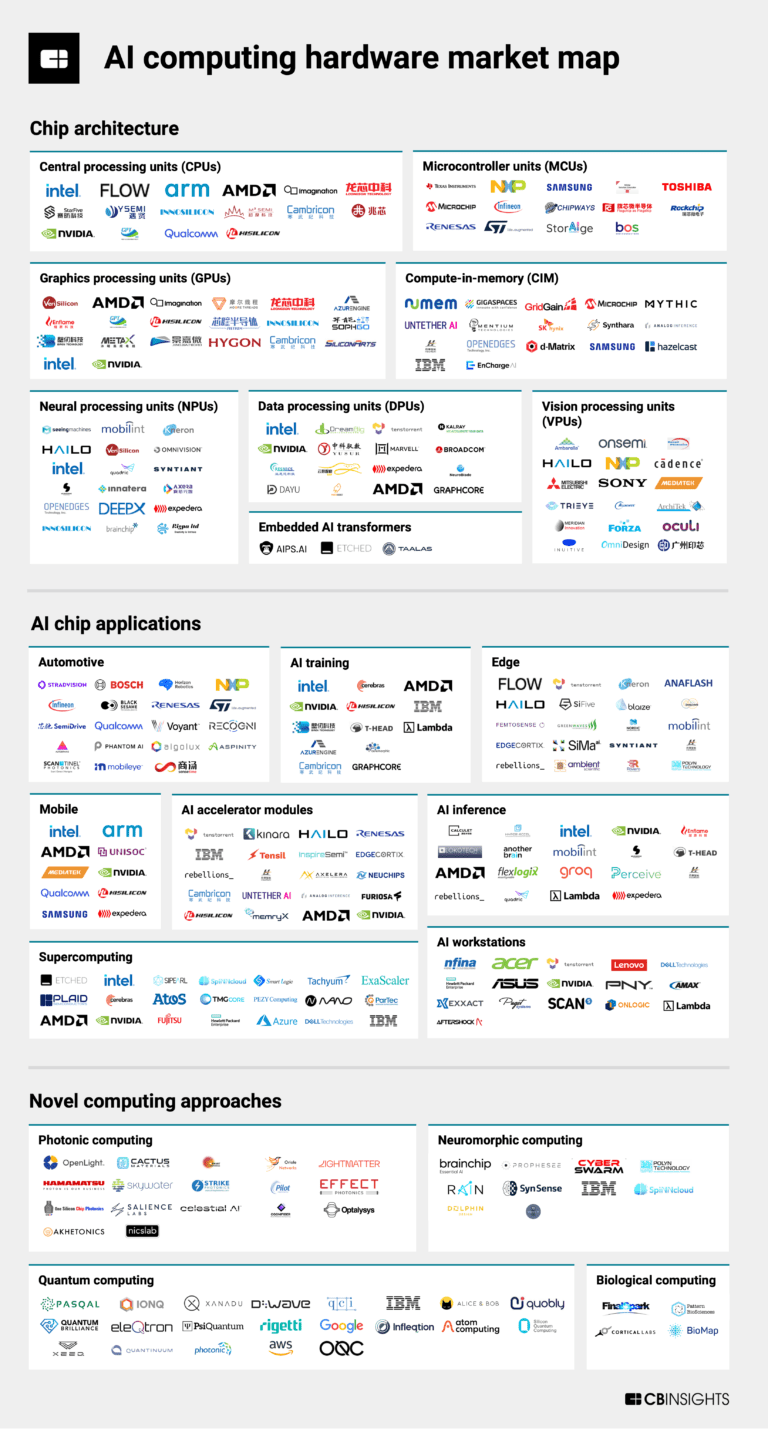
Sep 13, 2024
The AI computing hardware market map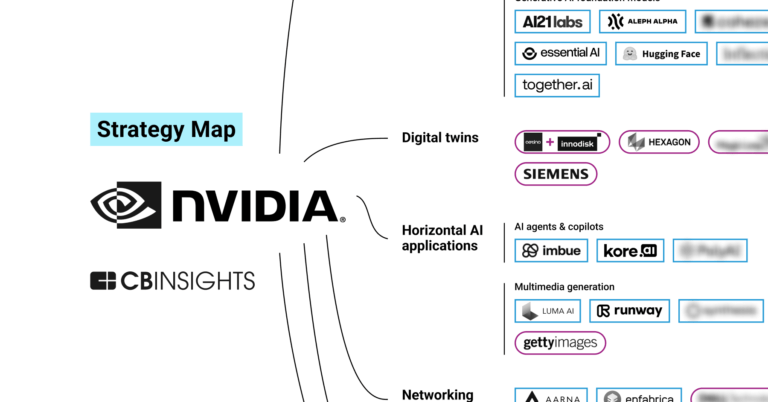
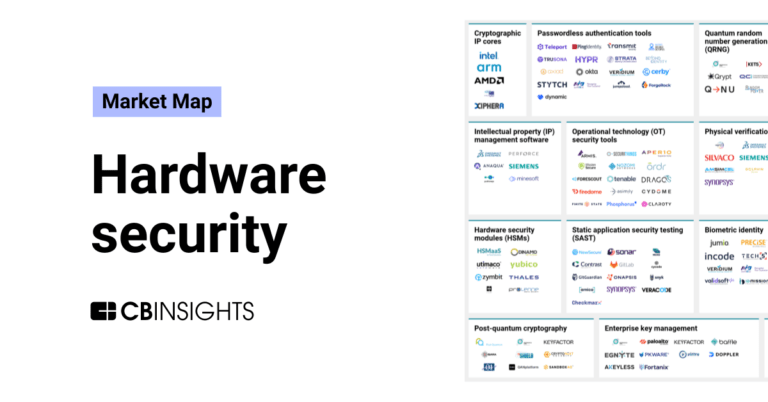
Feb 20, 2024
The hardware security market map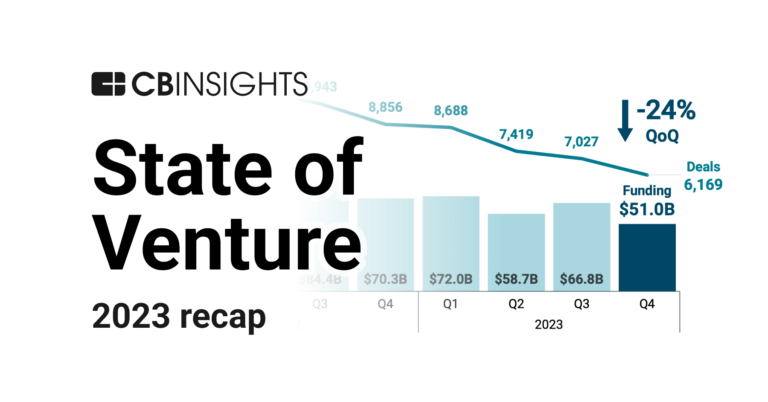
Jan 4, 2024 report
State of Venture 2023 Report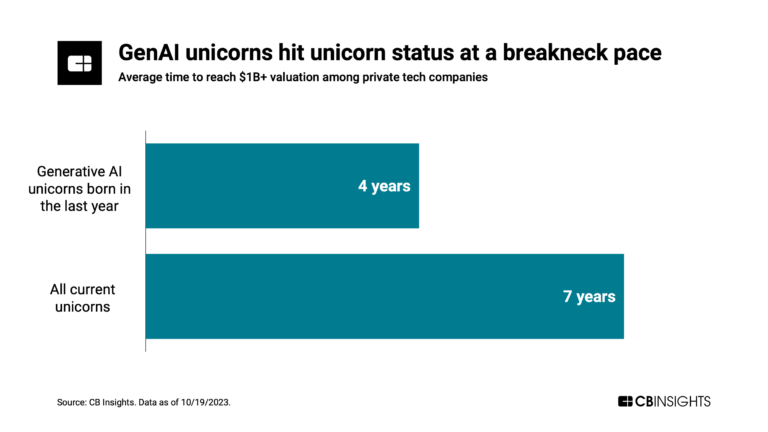
Nov 21, 2023
Has the global unicorn club reached its peak?Expert Collections containing Arm
Expert Collections are analyst-curated lists that highlight the companies you need to know in the most important technology spaces.
Arm is included in 2 Expert Collections, including Conference Exhibitors.
Conference Exhibitors
6,062 items
Companies that will be exhibiting at CES 2018
Semiconductors, Chips, and Advanced Electronics
7,328 items
Companies in the semiconductors & HPC space, including integrated device manufacturers (IDMs), fabless firms, semiconductor production equipment manufacturers, electronic design automation (EDA), advanced semiconductor material companies, and more
Arm Patents
Arm has filed 3723 patents.
The 3 most popular patent topics include:
- computer memory
- parallel computing
- instruction processing

Application Date | Grant Date | Title | Related Topics | Status |
|---|---|---|---|---|
7/26/2019 | 4/1/2025 | Authentication methods, Password authentication, Federated identity, Computer access control protocols, Computer network security | Grant |
Application Date | 7/26/2019 |
|---|---|
Grant Date | 4/1/2025 |
Title | |
Related Topics | Authentication methods, Password authentication, Federated identity, Computer access control protocols, Computer network security |
Status | Grant |
Latest Arm News
Apr 1, 2025
Arm projects data center market share to reach 50% amid AI boom 01/04/2025 Arm Holdings anticipates a significant expansion in its share of the global data center central processing unit (CPU) market, projecting an increase from approximately 15 percent in early 2024 to 50 percent by the end of the year. Arm Holdings This surge is being driven by the adoption of artificial intelligence (AI) technologies and the growing demand for energy-efficient computing solutions, Reuters.com said in an exclusive news report . Meanwhile, Arm said Arm Neoverse has become the preferred platform for cloud service providers seeking better price-performance and energy efficiency. Companies like AWS, Google Cloud, Microsoft Azure, and Oracle Cloud are leveraging Neoverse-based silicon for significant gains. The growing availability of Arm-based cloud instances is driving a migration from legacy platforms, as modern, cloud-native, and AI-enabled software performs optimally on Arm. Organizations such as Uber, Spotify, and Datadog are already making the shift to benefit from improved efficiency, AI optimization, and lower carbon footprints. Arm is also expanding its cloud migration resources and developer engagement to support this transition. Arm’s Growing Role in AI Computing Systems Arm’s CPUs serve a crucial role as “host” chips in AI computing systems, acting as traffic controllers that manage the workload between other AI processors. Notably, Nvidia integrates Arm-based chips, such as the Grace CPU, into its high-performance AI systems, including configurations featuring dual Blackwell AI chips. This strategic integration highlights Arm’s growing influence in the AI infrastructure space. Advantages Over Traditional x86 Processors One of the primary reasons for Arm’s rising popularity in data centers is its superior power efficiency compared to traditional x86 processors manufactured by Intel and Advanced Micro Devices (AMD). According to Mohamed Awad, Arm’s infrastructure chief, data centers require massive amounts of electricity to power AI workloads , making energy efficiency a top priority. Arm’s processor architectures enable reduced power consumption, leading to lower operational costs and a more sustainable approach to AI data center operations. Additionally, Awad emphasized that data center CPUs typically incorporate a greater portion of Arm’s intellectual property (IP), allowing the company to command higher aggregate royalty rates compared to chips used in lower-complexity devices such as smartphones and laptops. Arm’s Business Model and Market Strategy Unlike traditional semiconductor manufacturers, UK-based Arm does not fabricate its own chips. Instead, it licenses its fundamental CPU architecture and intellectual property to tech giants such as Apple, Nvidia, and major cloud computing companies. These firms then design custom processors tailored to their specific needs. Arm’s revenue stream is derived from licensing fees and royalties on every chip sold that incorporates its IP. Arm, which is 90 percent owned by Japan’s SoftBank Group, has struggled to break into the competitive data center market. The dominance of x86-based processors from Intel and AMD created a barrier for Arm-based alternatives, as adopting Arm CPUs often required cloud providers and enterprises to rewrite software and modify hardware components. However, this dynamic is shifting as more companies prioritize power efficiency and performance optimization. The Rise of Arm-First Software Development A critical factor in Arm’s increasing adoption within data centers is the growing ecosystem of software optimized for its architecture. “We’ve gotten to the point where software is actually being developed for Arm first and foremost,” Awad stated, underscoring the paradigm shift occurring in the industry. Amazon.com has been at the forefront of this transition, leveraging Arm-based processors in its AWS cloud infrastructure. According to Amazon, more than half of the data center CPUs it added over the past two years were Arm-based, reflecting a strong commitment to the technology. Other cloud providers, including Alphabet’s Google and Microsoft, have also begun developing their own Arm-based processors, though their initiatives are relatively recent compared to Amazon’s. InfotechLead.com News Desk
Arm Frequently Asked Questions (FAQ)
When was Arm founded?
Arm was founded in 1990.
Where is Arm's headquarters?
Arm's headquarters is located at 110 Fulbourn Road, Cambridge.
What is Arm's latest funding round?
Arm's latest funding round is IPO - II.
Who are the investors of Arm?
Investors of Arm include Intel, UK Research and Innovation, Telco Systems and SoftBank.
Who are Arm's competitors?
Competitors of Arm include Synthara, Imagination, Expedera, NeoLogic, Quadric.io and 7 more.
Loading...
Compare Arm to Competitors

Imagination specializes in the creation of chip designs for the electronics industry. The company offers a range of embedded graphics, vision and AI, and multi-standard communications SoC IP cores that enable the functionality of various electronic devices. Imagination's products are designed to be integrated into small spaces without compromising on performance, catering to the needs of consumer electronics, automotive, and mobile sectors. It was founded in 1985 and is based in Kings Langley, United Kingdom.

Microchip Technology (NasdaqGS: MCHP) provides smart, connected, and secure embedded control solutions for the semiconductor industry. The company offers development tools and a comprehensive product portfolio that help customers create designs that minimize risk and reduce system cost and time to market. Microchip Technology primarily serves the industrial, automotive, consumer, aerospace and defense, communications, and computing markets with its solutions. It was founded in 1989 and is based in Chandler, Arizona.

Mythic is an analog computing company that specializes in AI acceleration technology. Its products include the M1076 Analog Matrix Processor and M.2 key cards, which provide power-efficient AI inference for edge devices and servers. Mythic primarily serves sectors that require real-time analytics and data throughput, such as smarter cities and spaces, drones and aerospace, and AR/VR applications. Mythic was formerly known as Isocline Engineering. It was founded in 2012 and is based in Austin, Texas.
NeoLogic specializes in microprocessor technology within the semiconductor industry. The company offers Quasi-CMOS technology, which reduces the transistor count in digital cores, leading to reductions in power dissipation and area, while improving performance-per-watt metrics. NeoLogic's technology is compatible with existing EDA tools and CMOS fabrication processes. It was founded in 2021 and is based in Netanya, Israel.
Terasic specializes in FPGA/ASIC design and is a leading vendor in the technology sector. The company offers development kits, accelerator cards, and daughter cards for high performance computing and edge AI applications. Terasic primarily serves the education sector and various industries requiring advanced computing solutions. It was founded in 2003 and is based in Hsinchu City, Taiwan.

Flow Computing specializes in enhancing CPU performance through its Parallel Processing Unit (PPU) technology within the technology sector. The company's main offering is the PPU architecture, which aims to improve CPU performance and enhance the efficiency of legacy applications with backward software compatibility. Flow Computing's solutions are applicable in sectors including AI, edge and cloud computing, multimedia processing, autonomous vehicles, and military-grade systems. It was founded in 2024 and is based in Helsinki, Finland.
Loading...

